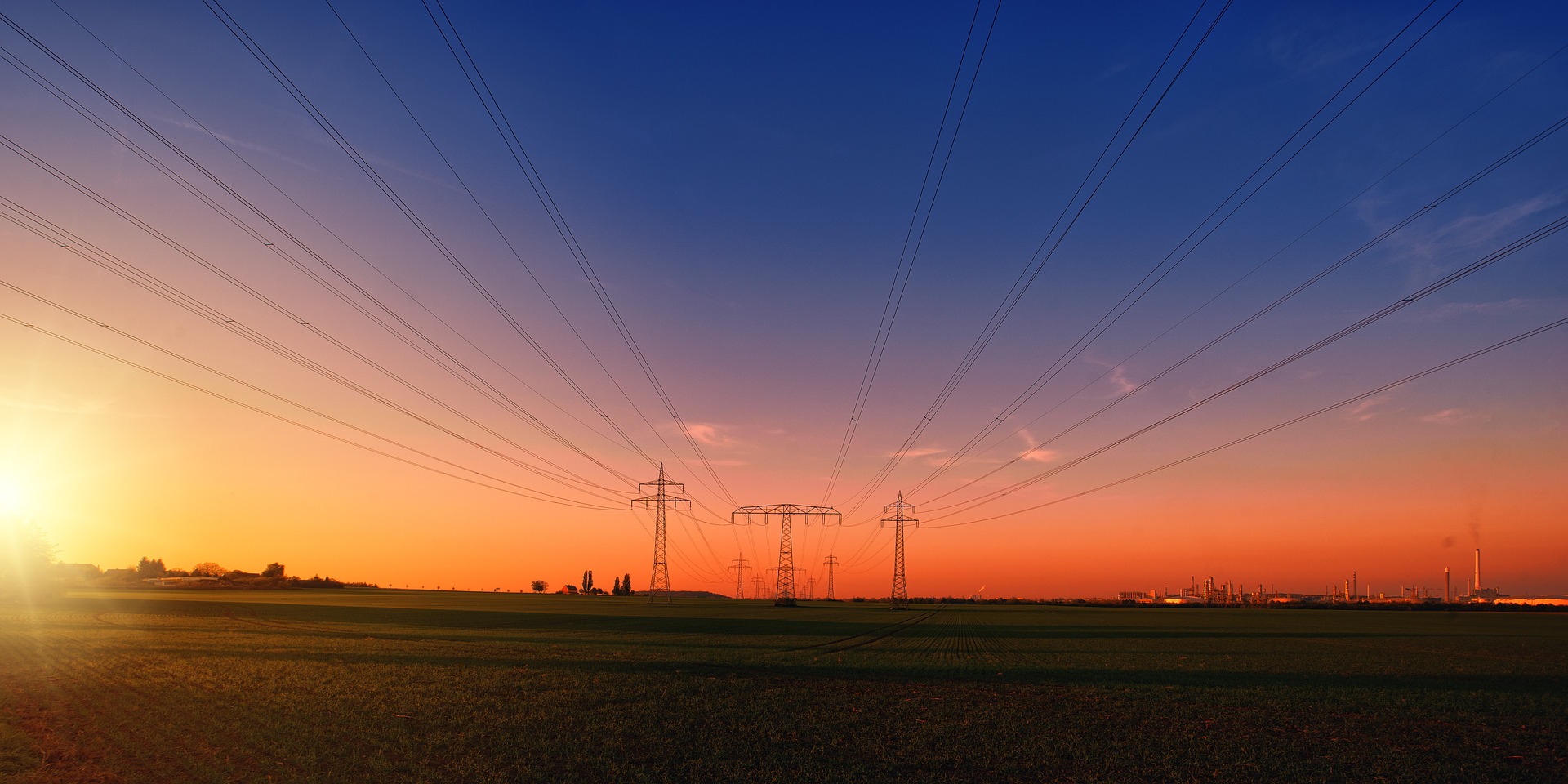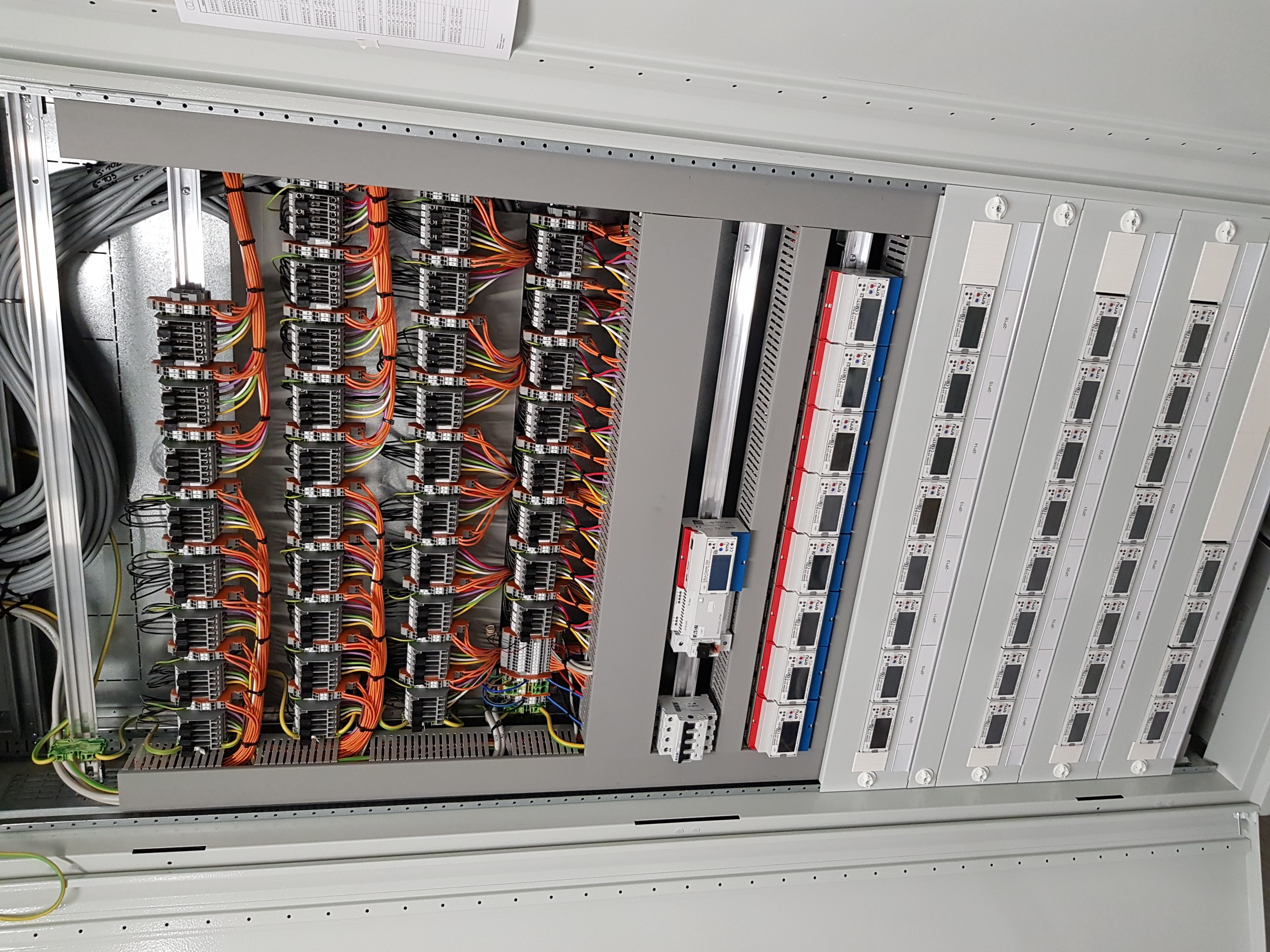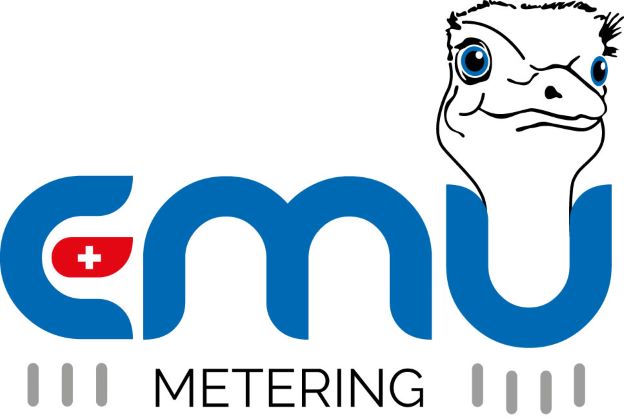Smart Meter Overview

What are smart meters?
Smart meters are electronic devices used to collect energy data such as electrical energy. As intelligent metering systems, the meters are the basis of modern and efficient energy monitoring. What distinguishes them from conventional digital meters? Their connection to an extensive metering system: readout interfaces, so-called smart meter gateways and M-Bus data loggers, integrate the data on energy supply and consumption into a communication network. In this way, for example, smart electricity meters can be used for current and continuous monitoring, evaluation or control of electricity consumption. Smart meters are thus part of contemporary measuring equipment, as they form a central communication unit in building technology as digital energy meters in conjunction with a gateway.
Using energy intelligently with smart meters
With the installation of the metering systems, efficient energy controlling succeeds for households, companies and network operators. Thanks to continuous data collection, the time, place and quantity of consumption can be tracked. On the one hand, this knowledge serves to identify potential savings – because greater efficiency also leads to lower costs in annual consumption. On the other hand, smart meters have the advantage of a high level of convenience. Smart meters can, for example, automatically forward the current measurement data from the electricity meters to the responsible metering point operators or metering data management for the annual reading. This eliminates the need, especially for larger companies, for time-consuming forwarding of kilowatt hours used in order to be able to settle their electricity consumption with the generators.
The scope of intelligent energy data collection
The basis of optimized energy controlling is accurate measurements. The data collected plays a special role in the success of the energy transition. Smart metering is crucial for grid operators when feeding in renewable energies, as weather-related fluctuations and the current demand for electricity can be matched when operating the grids. The result: power grids remain stable. To ensure efficient management of the energy transition, the rollout of smart metering systems in Germany is stipulated by the Metering Point Operation Act (MsbG).
The possibilities for smart metering systems
The reading of the metering systems via the gateway can be done via different interfaces. Devices with different implementations are available from EMU Metering. In this way, suitable readout interfaces can be selected according to the respective circumstances and users. If you want to keep an eye on consumption with smart meters, you can use the following readout interfaces at EMU:
- M-Bus
- RS485 Modbus-RTU
- TCP/IP: Modbus-TCP, MQTT, http-Get API, DHCP, NTP
- KNX
- LON
- LoRa
In the age of the Internet of Things (IoT), energy consumption data can be provided reliably and continuously using smart metering systems via a TCP/IP interface. The readout interface refers to a package of selected communication protocols that form end-to-end communication over the Internet. The communication module manages a timely transmission of different measured values and is also suitable for generators with third party quantity delimitations. Meter operators can also perform remote reading of electricity meters via a Modbus TCP interface. Historical consumption data can also be exported via an HTTP GET API interface. The 3-phase EMU Professional II electricity meter also features MQTT communication.

EMU Metering as a partner for optimized energy management
Intelligent metering systems can be expanded and optimized with additional components for households, companies or metering point operators. The consumption data can be shown in real time, bundled and graphically processed and distributed by higher-level evaluation systems.
Why EMU?
For whom are smart meters mandatory?
They are mandatory if the annual electricity consumption exceeds 6,000 kWh. Private households are usually only affected if they heat with a heat pump or also charge an electric car. As a rule, households are clearly below this limit and only have to install modern measuring devices, i.e. digital electricity meters, by 2023. Businesses with a higher consumption of kilowatt hours or electricity generators with a capacity of more than 7 kilowatts, on the other hand, are affected by the installation obligation. The replacement is to be completed by 2028 and can also include private individuals with a controllable consumption device. Throughout Germany, the smart metering systems are to be introduced by 2036.
Who is responsible for the installation of smart meters?
The base-commissioned metering point operator, i.e. the operator of the electricity grid. In the event of a mandatory replacement, the operator must inform the consumer in good time and inform him of the meter type and the costs involved.
Whoever decides in good time to install a smart meter must inform the consumer in good time.
Whoever has decided in favour of a smart metering system at an early stage must contact the responsible metering point operator themselves. There, the desired installation must be applied for. If the metering company does not support the application for a smart metering system, it is possible to switch to another metering point operator.
The cost of the smart metering system must be borne by the customer.
What are the costs of smart meters?
The distribution of costs is also determined by law through price caps. The costs are part of the annual basic fees and include installation, operation, maintenance as well as reading and data transmission. Depending on the amount of electricity consumed and the type of consumption, these vary between 100 and 200 euros per year.
If households or businesses with a consumption of less than 6,000 kWh decide to install a smart meter without being asked, the statutory price caps do not apply. However, with efficient data collection that reveals potential savings, the costs for energy can often be reduced decisively. If, on the other hand, the metering point operator decides to install a smart meter voluntarily, other price ceilings apply and annual fees of 20 to 60 euros may be incurred for installation, operation and maintenance of the smart meter.
Will the data transmitted by the smart meters be protected?
Smart meters continuously record data on energy consumption - which allows conclusions to be drawn about everyday life and behaviour, especially in the case of private households. Therefore, the personal data for transmission must be protected to a special degree. The Federal Office for Information Security (BSI) sets very strict rules for this and tests the devices with regard to compliance with these specifications. With EMU, you get products that meet the highest technical standards.

